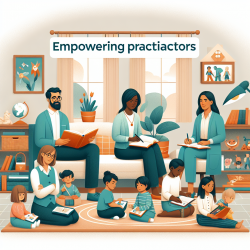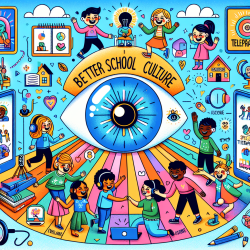In this study, the researchers explored whether the HLE predicts children’s reading and language skills once maternal language abilities are taken into account. They found that while maternal language and phonological skills are significant predictors of children's language and reading/spelling skills, the direct literacy instruction provided by parents plays a more substantial role in literacy outcomes than previously thought.
Key Findings and Practical Implications
Here are some critical insights from the study and their practical implications for practitioners:
- Direct Literacy Instruction: The study found that direct literacy instruction, such as teaching letter names and sounds, significantly predicts children's reading and spelling skills. Practitioners should encourage parents to engage in these formal literacy activities at home, as they have a more direct impact on literacy development.
- Maternal Language Skills: Maternal language skills were found to predict the amount of storybook exposure children receive. This suggests that interventions aimed at improving parental language skills could indirectly enhance children's language development.
- Genetic Influences: The study suggests that the correlation between the HLE and children's literacy skills may partly reflect genetic influences. This highlights the importance of considering genetic factors when designing interventions and not attributing all outcomes to environmental factors alone.
Encouraging Further Research
While the study provides valuable insights, it also opens the door for further research. Practitioners and researchers are encouraged to explore the following areas:
- Quality of Interactions: Future research should examine the quality of parent-child interactions around literacy activities, not just the frequency or quantity.
- Father's Role: Including fathers in research on HLE could provide a more comprehensive understanding of family literacy practices.
- Longitudinal Studies: Long-term studies that follow children over several years could help disentangle the genetic and environmental contributions to literacy development.
To read the original research paper, please follow this link: The Home Literacy Environment Is a Correlate, but Perhaps Not a Cause, of Variations in Children’s Language and Literacy Development.










